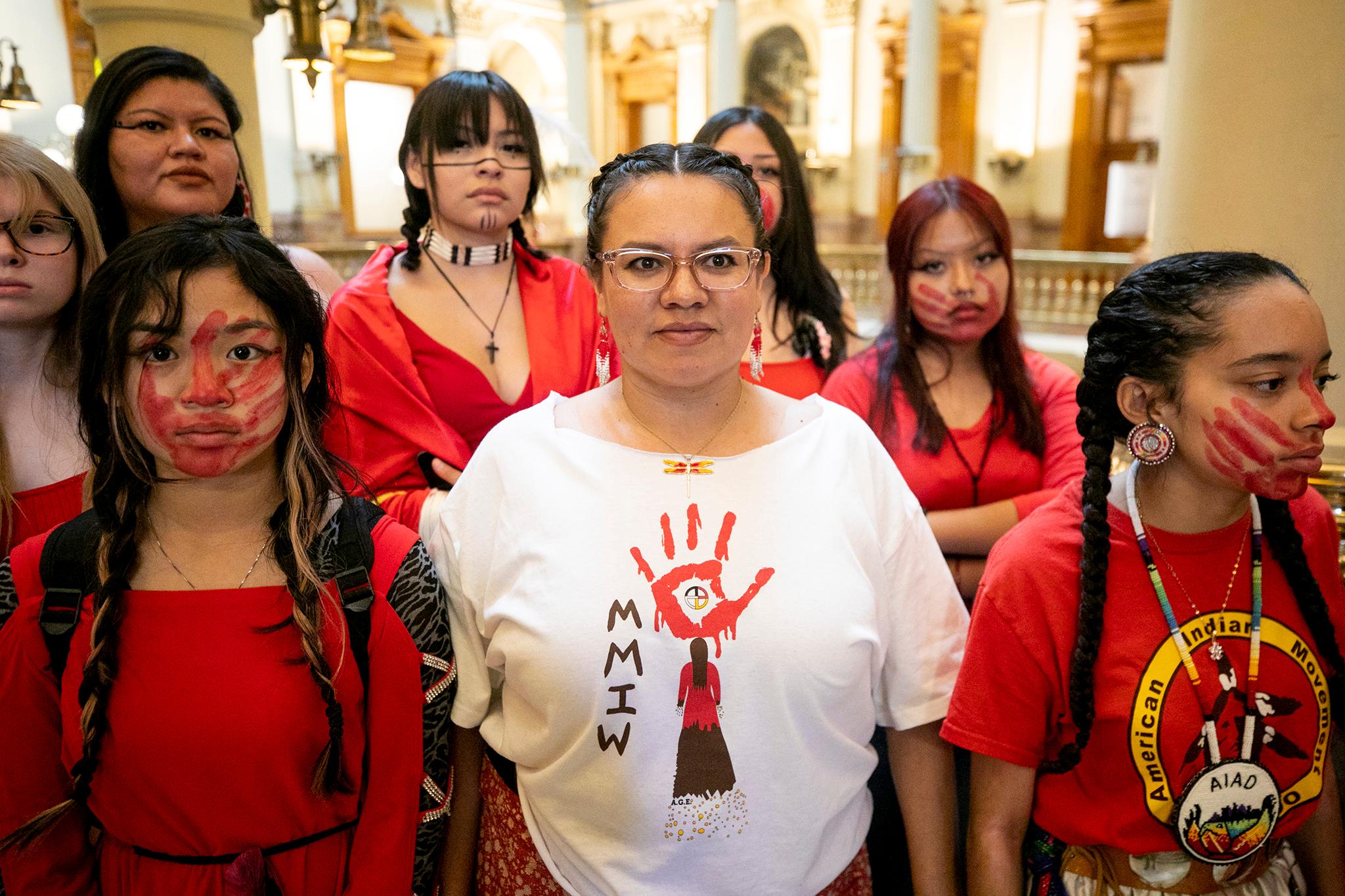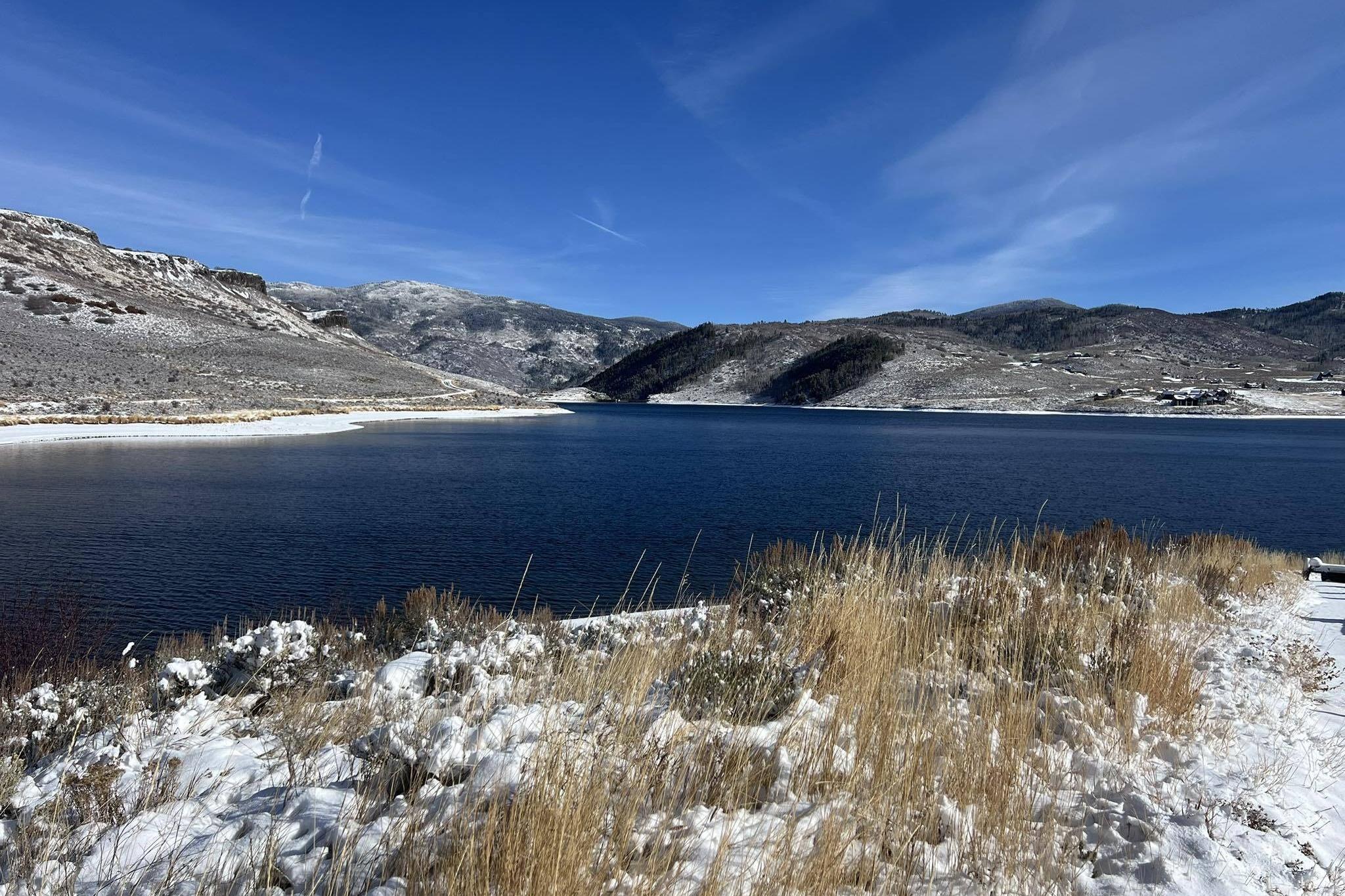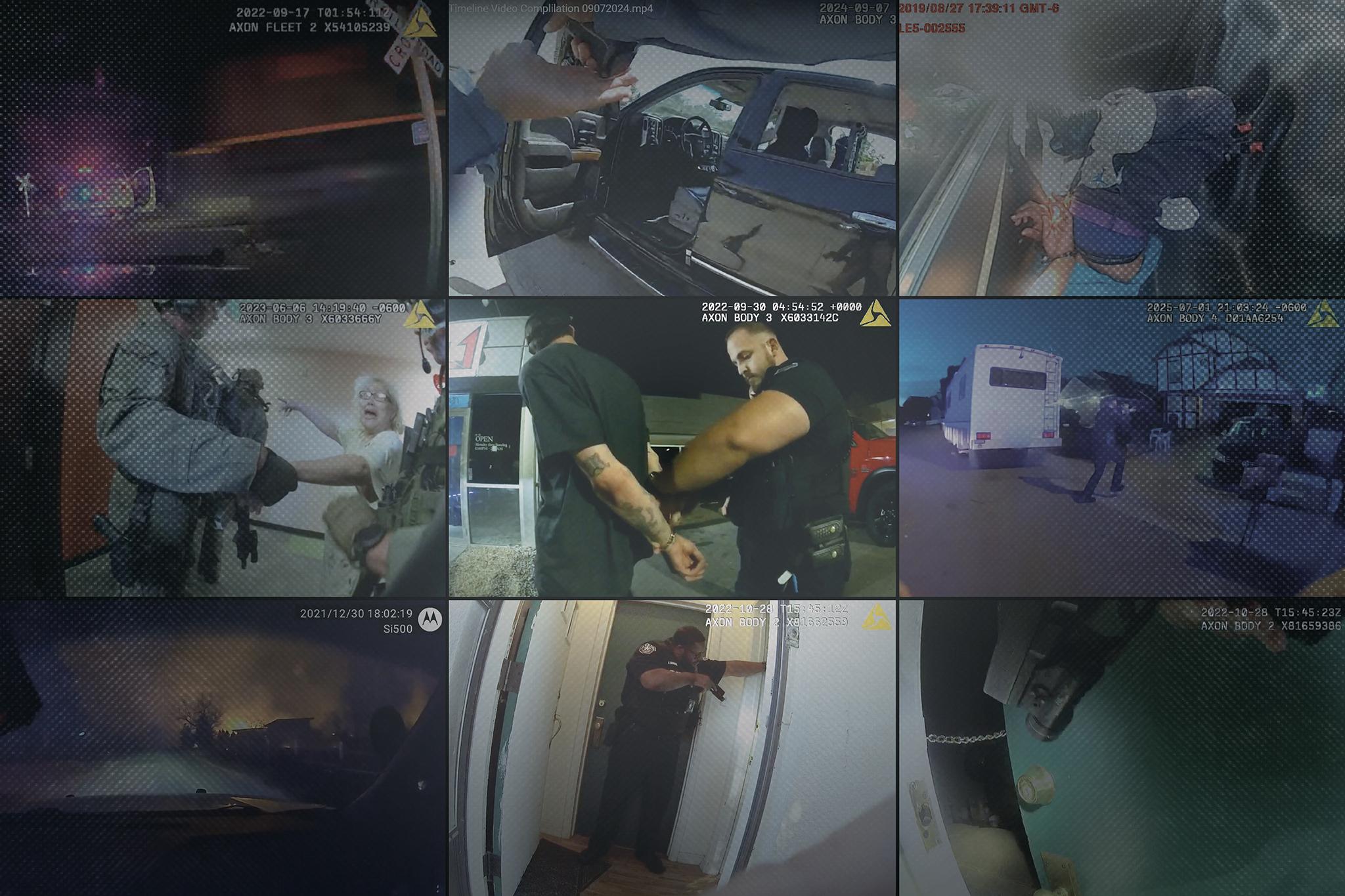
Six Colorado lawmakers on the American Indian Affairs interim committee met for the final time Thursday and voted to send three bills to the full legislature.
The committee was formed last April with the goal of having lawmakers listen to a wide swath of Indigenous people about pressing issues they face as both individuals and a community.
Before the committee met, a group of advocates put together a list of policy recommendations that they asked lawmakers to consider, including a hunting and fishing fee waiver for enrolled tribal members, tribal liaison positions at all state departments and requirements that school curriculums include Native American history
At the committee’s previous meeting, lawmakers asked staff members to draft six bills for them to consider Thursday. Of the six bills drafted, the committee could only pass three to the full legislature to consider when its new session begins in January.
The first bill the committee voted to send to the full legislature would extend the interim committee to 2029. Another would increase protections for wild bison. The third would require state agencies to enforce tribal court orders and arrest warrants.
Those bills must go through both chambers of the legislature like any other bill, and lawmakers may attach further amendments to them.
Bills that failed to move through the interim committee may be revived in front of the full legislature
A bill that would’ve required Native American cultural competency training for health care workers narrowly failed after Democratic Sen. Dylan Roberts voted against it, arguing such a bill should mandate cultural competency training for all backgrounds. The bill’s failure elicited a vocal reaction from some in the audience, many of whom testified to the committee in support of the proposal.
“Competency in health care is just so lacking across our country,” Adrianne Maddux, executive director at Denver Indian Health and Family Services, told CPR News. “I think that we all see it in many ways. We are users of the health care system, too, and myself as a Native person have been targeted by this and it needs to change.”
Teddy Mccullough, a member of the Coyote Valley Band of Pomo Indians, said he and his family have grown wary of the medical system after being denied prescriptions.
“We don't get prescribed the medication that we actually need to feel better and to heal because the medical professional feels like we are just drug-seeking, we don't need the medication, we just want to get high essentially,” he said. “And that's not the truth.”
Another bill that would have required the statehouse to clarify which Colorado laws apply to the Southern Ute tribe also failed to move forward, and one that would’ve added Native American history to the state curriculum was pulled from the docket before the final meeting.
Lawmakers said because only three bills could pass the interim committee, they would explore introducing the other measures during future legislative sessions.
“I am confident that my colleagues in the House and Senate will join me and commit to the community to see through some of the issues that did not move forward today,” Sen. Jessie Danielson said. “I saw some of that commitment today and I'm grateful for that, but there's a lot of work to be done and we need to make sure that it gets done.
Southern Ute Chairman Melvin Baker, who leads one of the two recognized sovereign nations in Colorado, told the committee many of the issues that lawmakers have considered during the interim session shouldn’t be rushed. He urged them to continue working with Indigenous people to develop policy.
“We cannot complete those discussions and address every need in four legislative sessions,” he said. “For that reason, we look forward to continuing these discussions in the future years and want to express our strong support for Majority Leader Duran's proposed legislation continuing this committee for future years.”
In recent years, Colorado lawmakers have passed several notable pieces of legislation specific to Indigenous people, such as guaranteed in-state tuition for tribal students and the creation of the state’s first-ever Office of Liaison for Missing and Murdered Indigenous Relatives.









